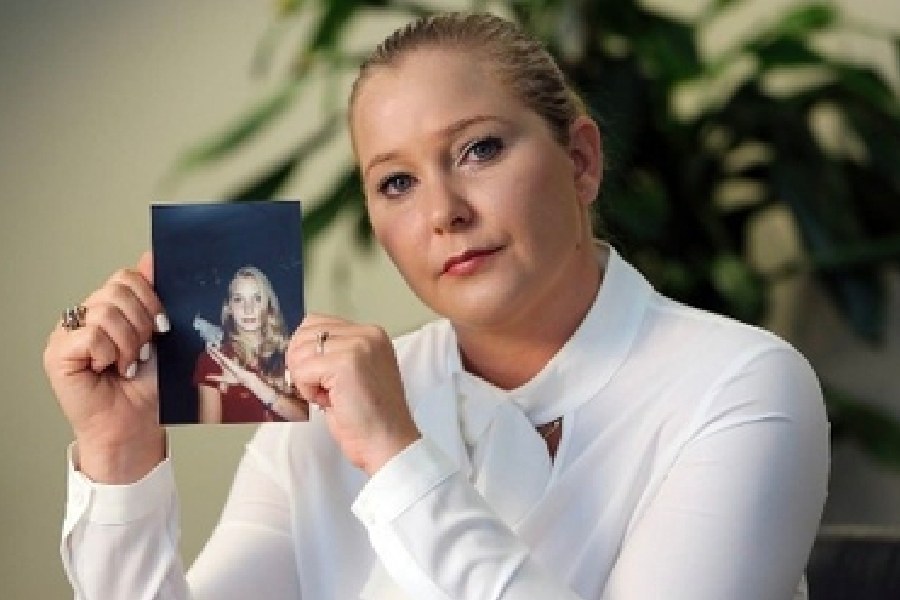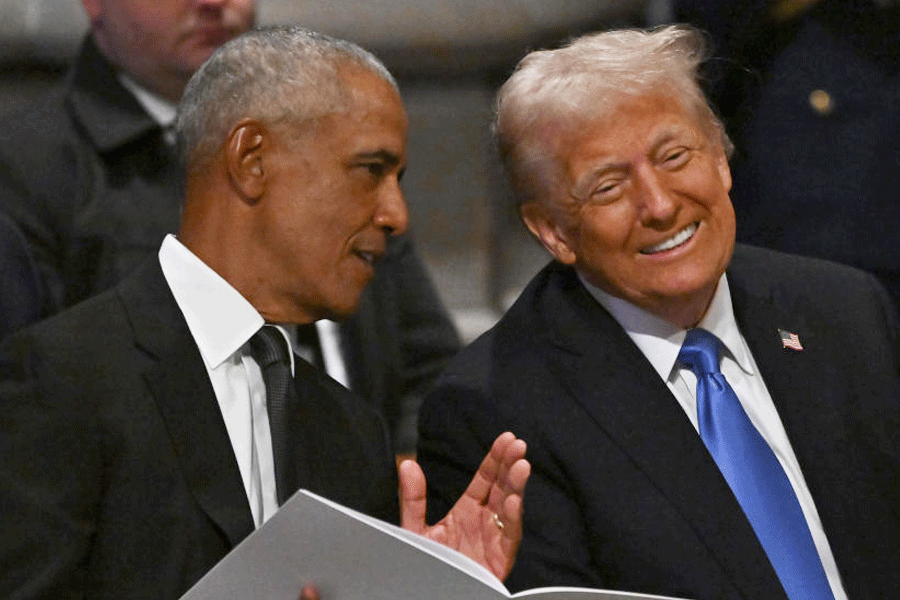The Supreme Court, in its wisdom, has closed contempt proceedings against the erstwhile Uttar Pradesh government regarding the demolition of the Babri Masjid. The petition, the wise judges opined, had become infructuous. Two factors appear to have been weighed in while reaching the decision. The first was the judgment by the apex court in 2019, setting aside the verdict of the Allahabad High Court earlier, that acknowledged the right of Hindus to build a Ram temple at the disputed site. The second factor concerns the death of the petitioner in the contempt case, even though there can be a line of thought arguing that the death of the accused — not the petitioner — may merit the closure of proceedings. The thrust of the top court seems to have been on achieving closure. Little wonder then that the bench, in the course of the deliberations, mentioned the futility of whipping a dead horse.
Yet, closure, in spite of being an honourable pursuit, may lead to the beginning of reflection. This is because questions would continue to linger in troubled — conscientious? — minds. For instance, does closure erode the framework of accountability? There is no doubt that the state government was found wanting in discharging its duties during that episode. The then chief minister of Uttar Pradesh, now deceased, had given a commitment to uphold the structural integrity of the mosque that was then flattened, an act that the Supreme Court itself has described as an “egregious violation of the rule of law”. Does the passage of time warrant a lenient attitude to judge the transgressions of the principal actors, especially when some of the accused are alive? In fact, the lapse of time only points to that other challenge: the slow turn of the wheels of justice. There is also the question of a precedent being set. What would be the likely impact of this judgment on the nation’s collective memory of the incident? Would a legal closure facilitate an effacement that may be instrumental in reducing one of the darkest chapters in the republic’s history to a footnote? Moreover, the State, especially a culpable State, is an enduring entity. It is, therefore, necessary to hold it accountable for its mischiefs, whether committed in the past or at present. That is one of the fundamental responsibilities consistent with the compact institutions share with the republic.










